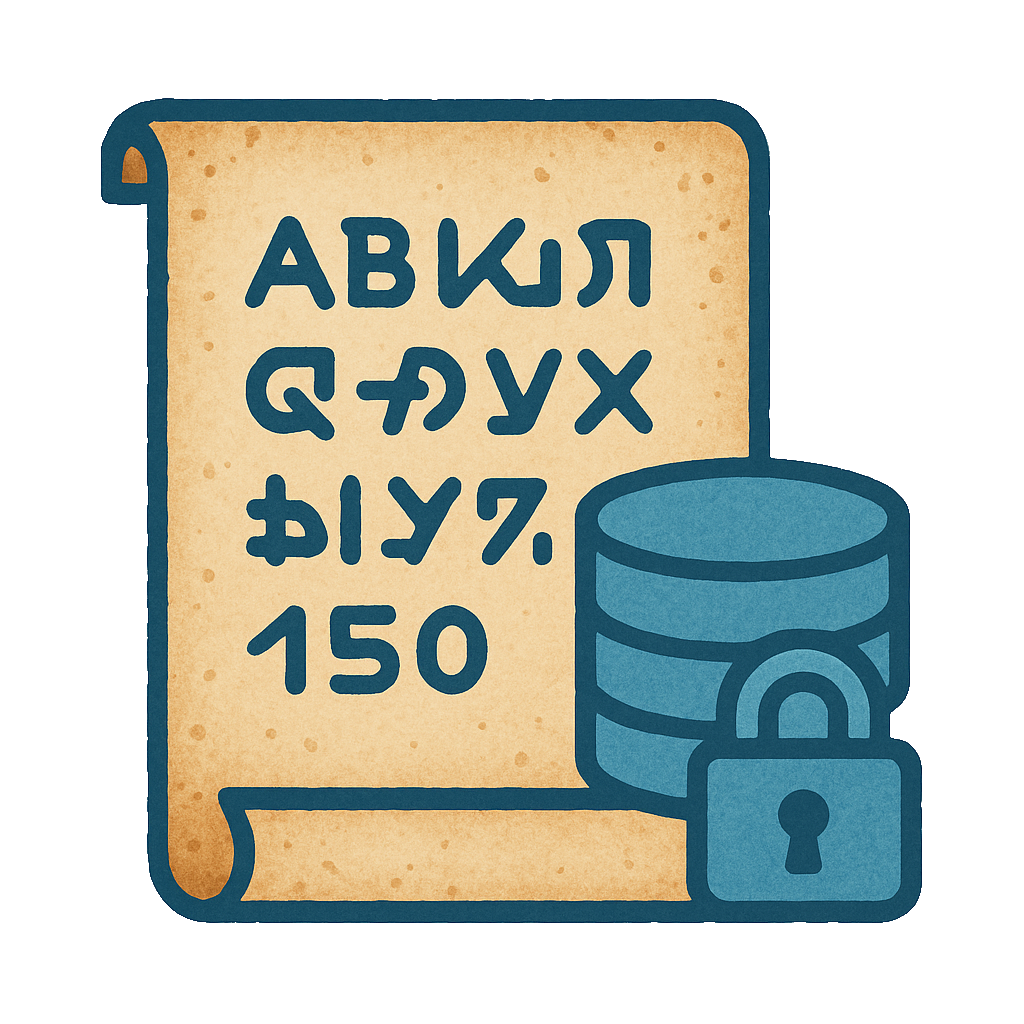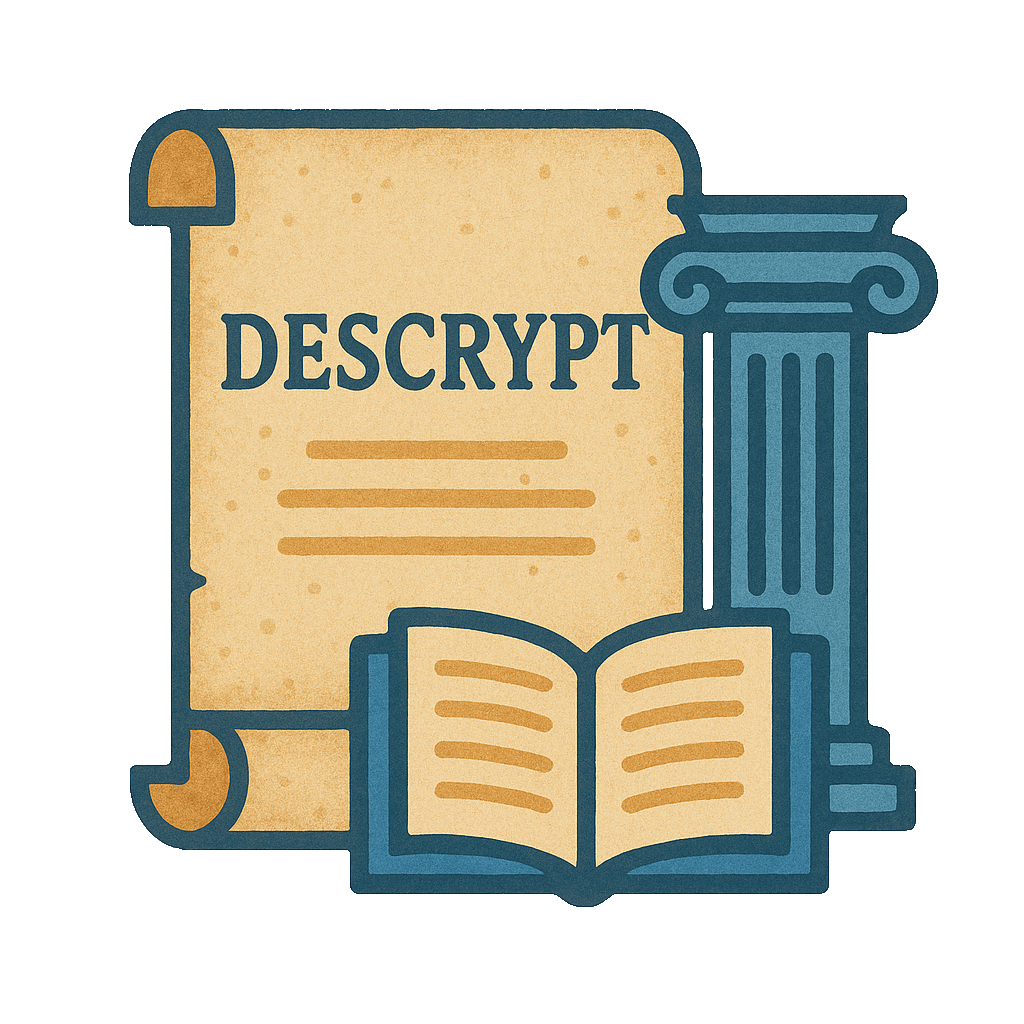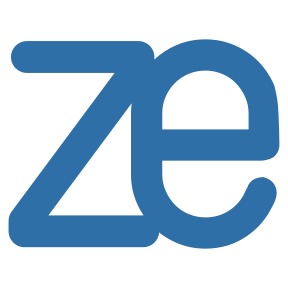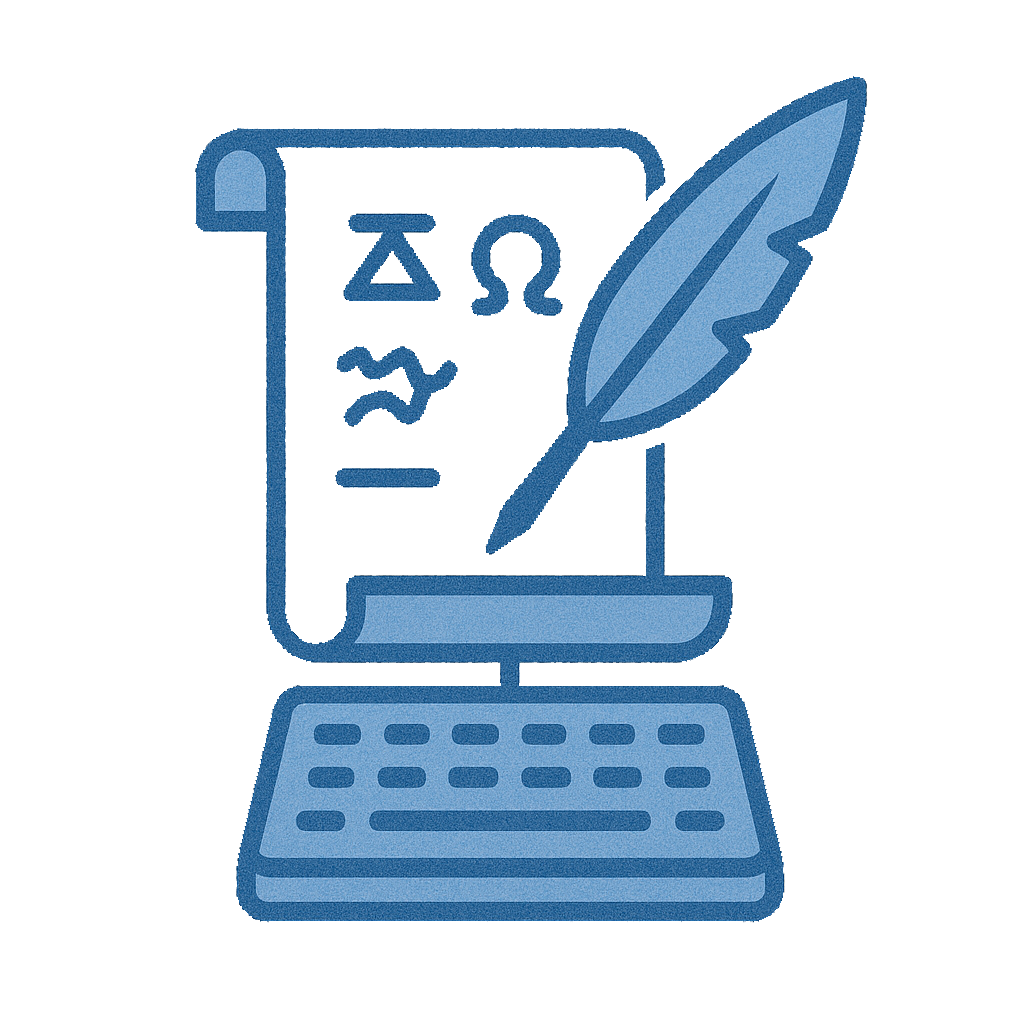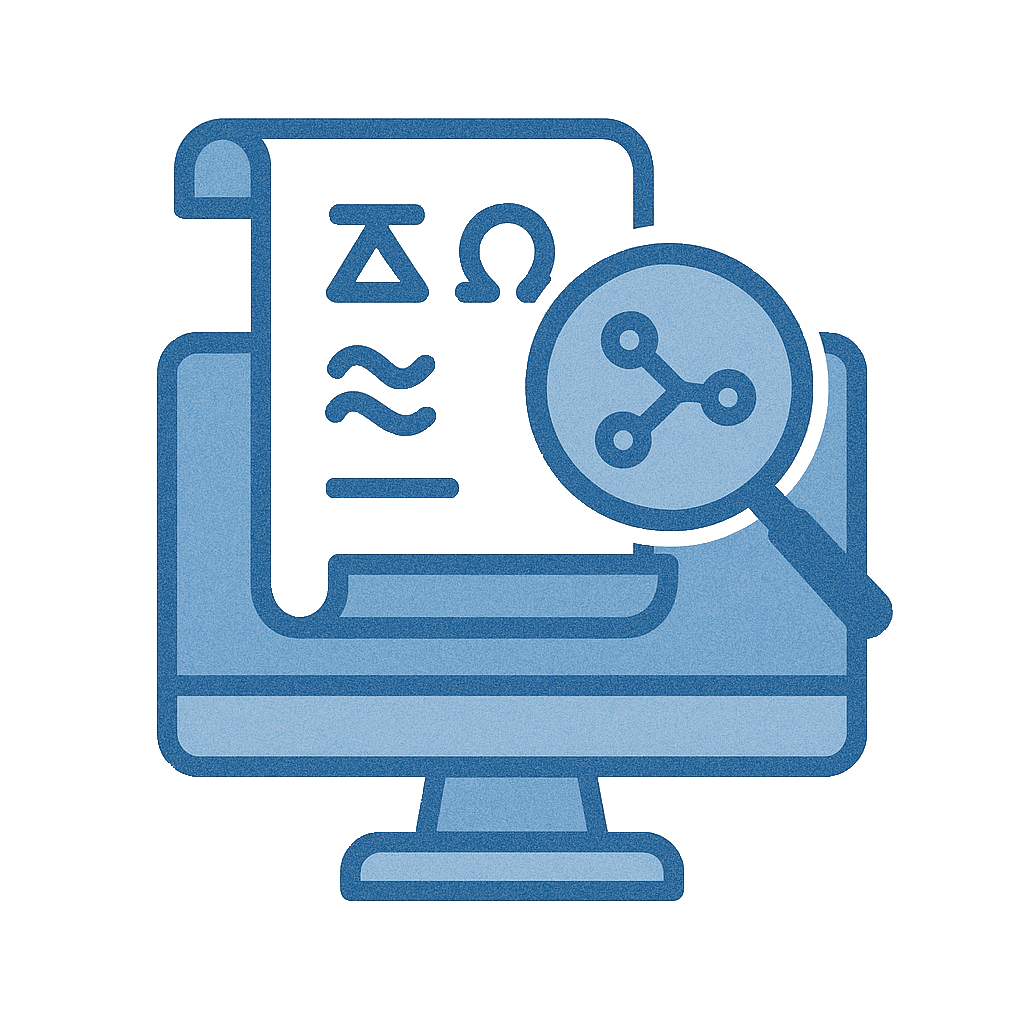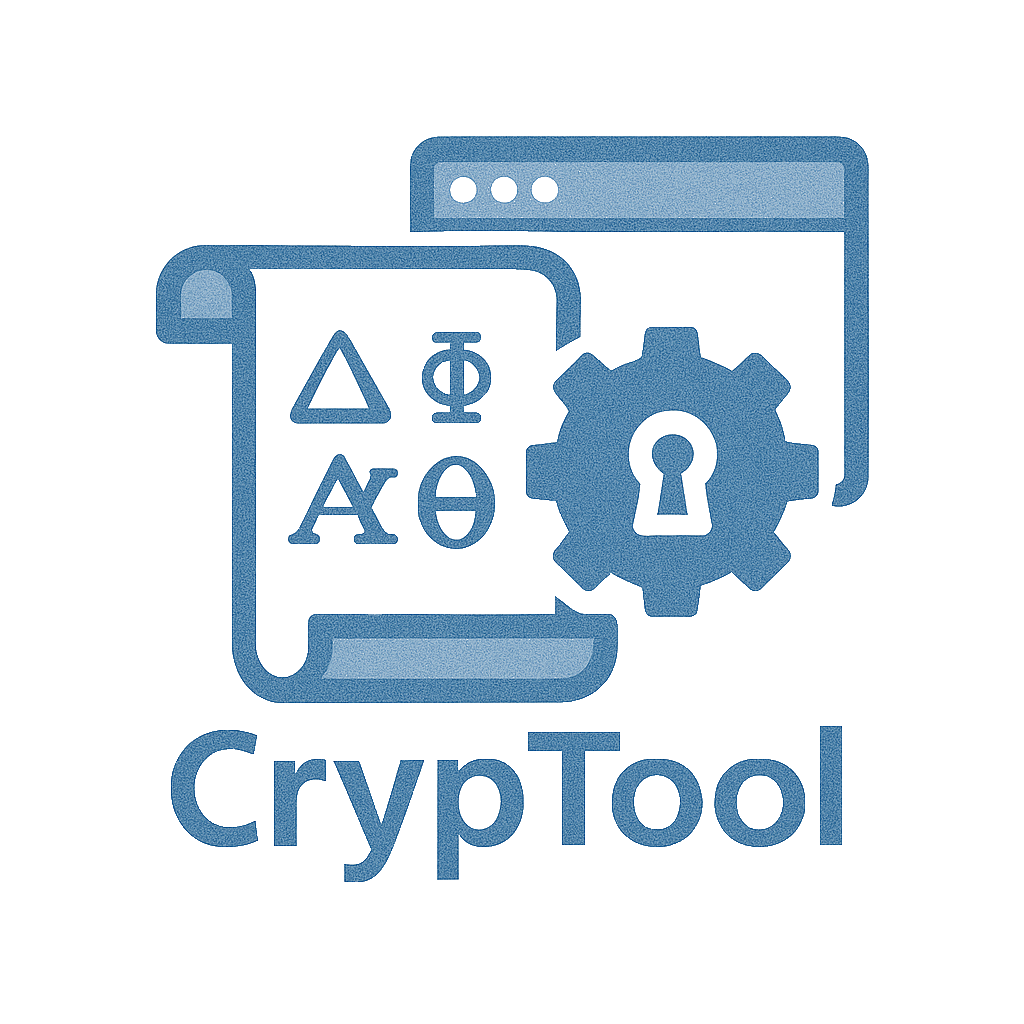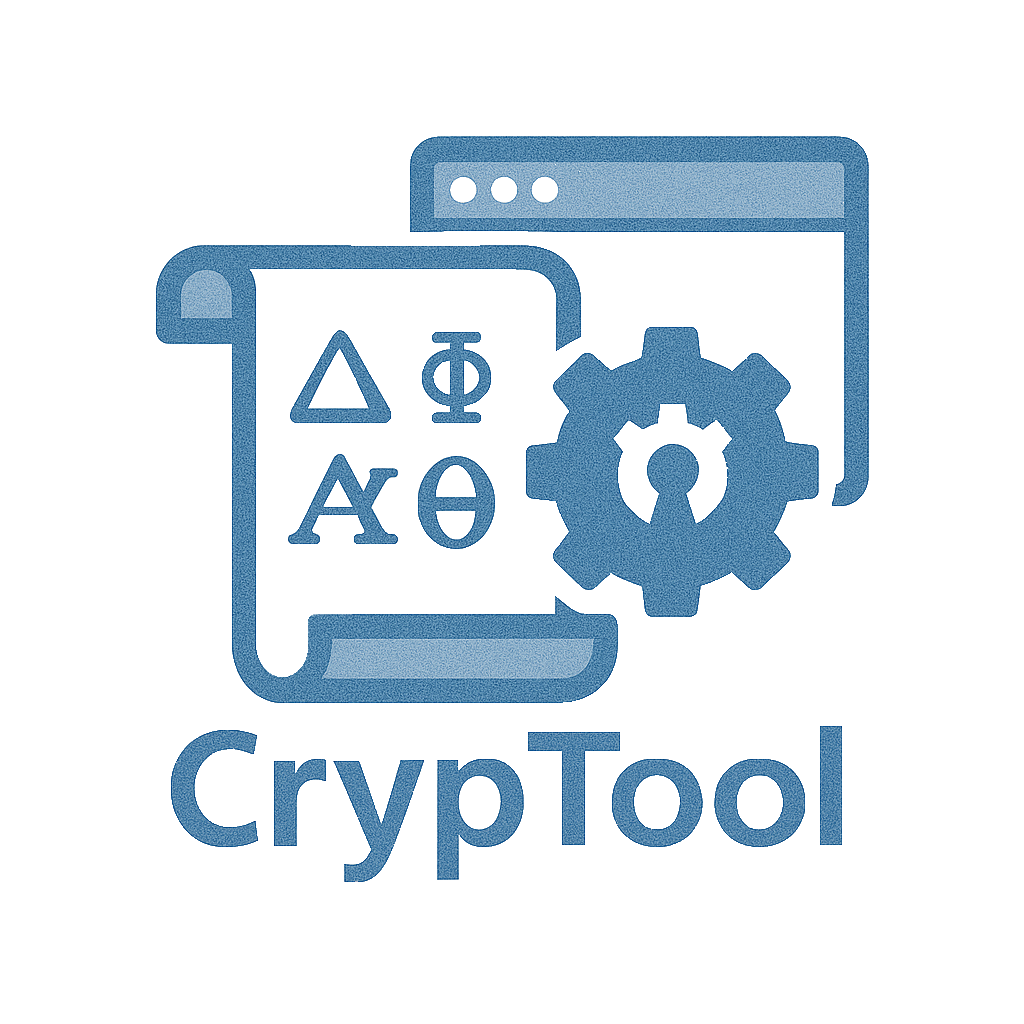
Echoes of History: Analysis and Decipherment of Historical Writings
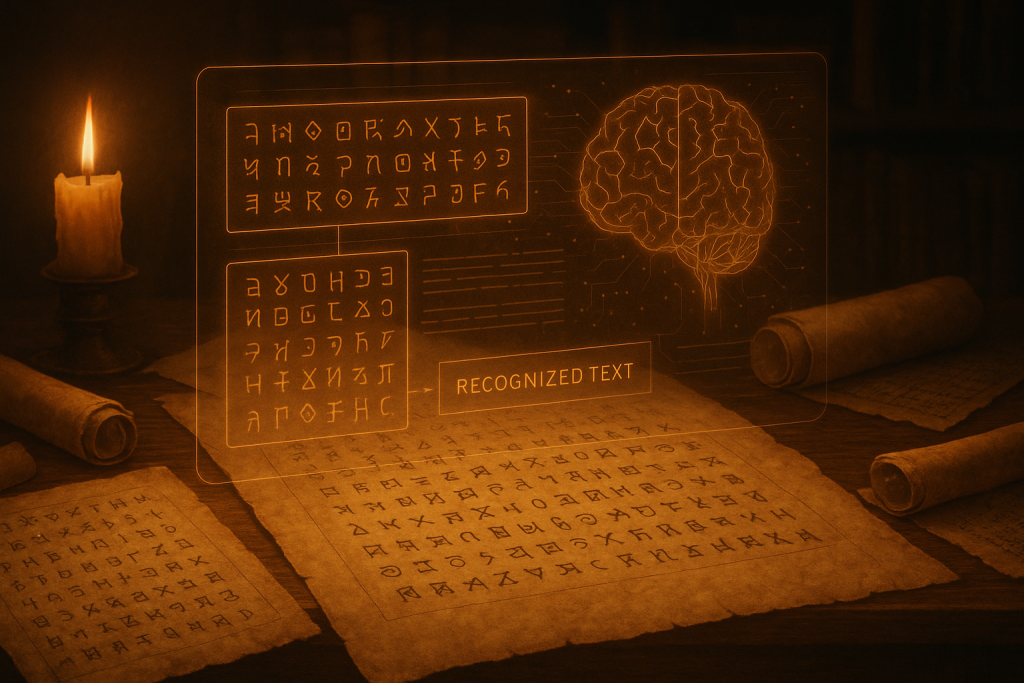
This project pioneers new methods to analyze historical texts written in rare, non-standard, or undeciphered writing systems. Using cutting-edge techniques from computational linguistics and AI, we aim to develop tools that can automatically identify, transcribe, and interpret these sources.
Our goals include building a digital corpus, creating recognition models for scripts and layouts, and developing frameworks for linguistic analysis and decipherment. This interdisciplinary initiative brings together experts from computer science, computer vision, cryptology, natural language processing, archeology, history and linguistics to advance our understanding of forgotten languages and cultures.
Resources
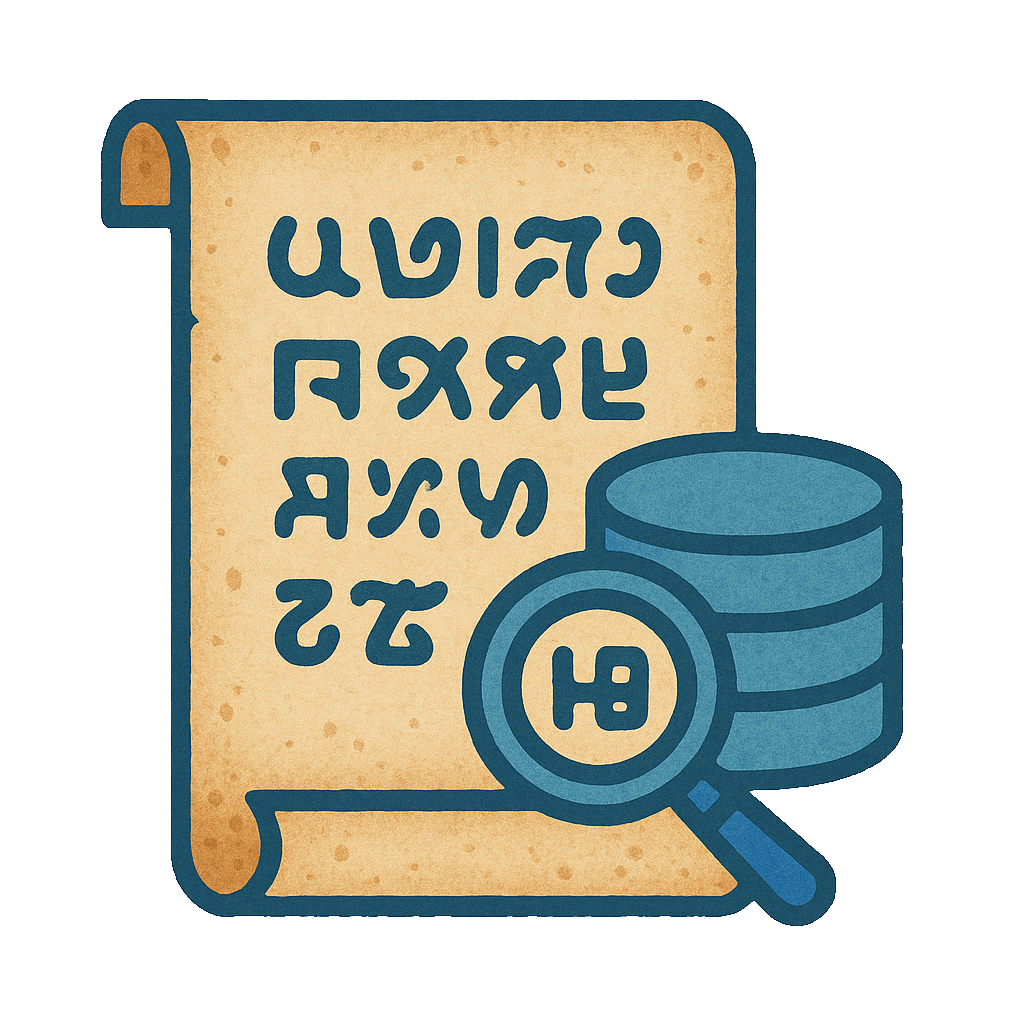
Unknown Writings
Coming soon:
unknown writings in the
DECODE database
Tools
Principal Investigator
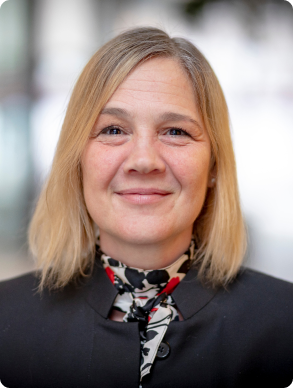
Prof. Beata Megyesi
Project Leader
Stockholm University
Sweden
Core Team
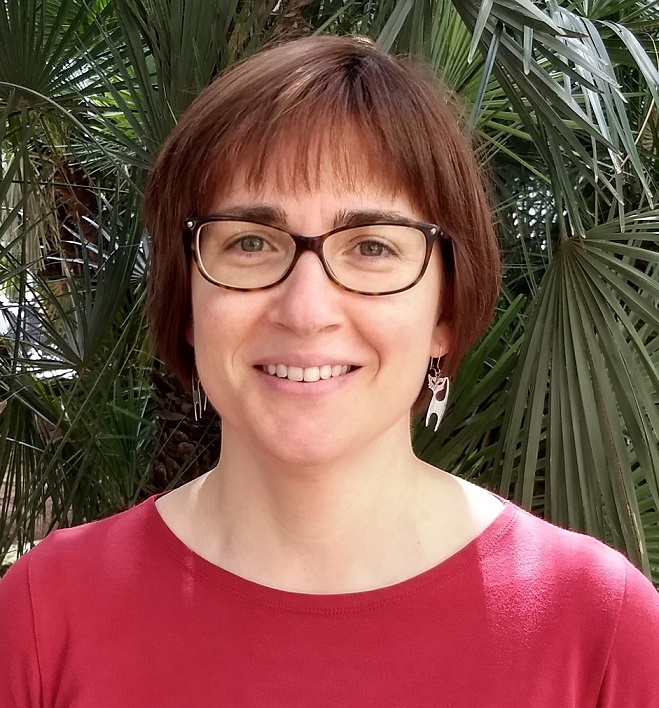
Alicia Fornés
Computer Vision
Center, UAB,
Spain
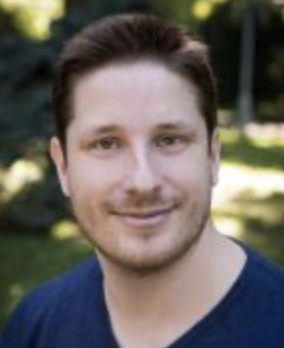
Mihály Héder
Computer Research
Institute, HUN-REN
SZTAKI, Hungary
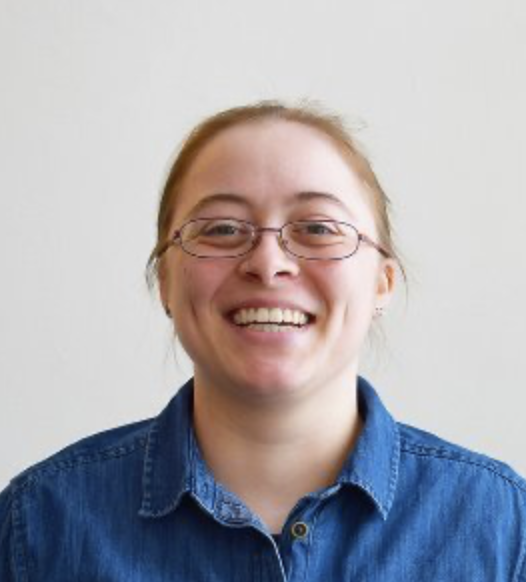
Raphaela Heil
Stockholm
University,
Sweden
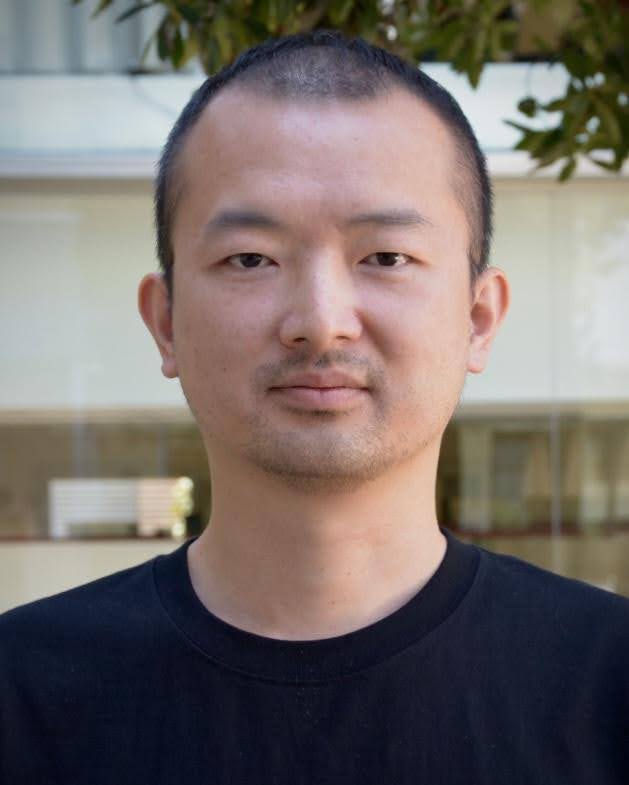
Lei Kang
Computer Vision Center,
UAB
Spain
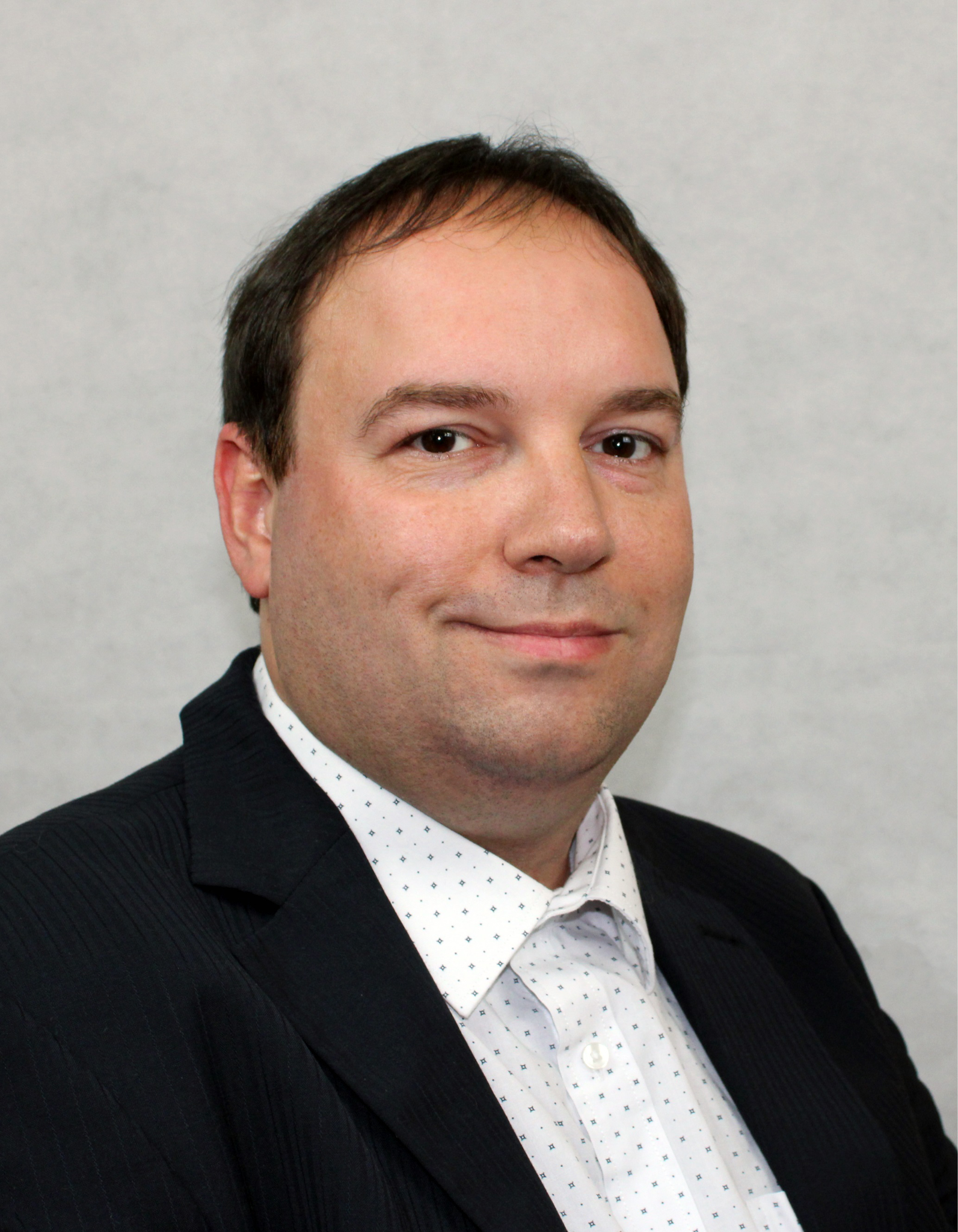
Nils Kopal
Hochschule
Niederrhein
Germany
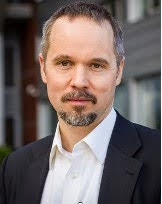
Benedek Láng
ELTE
University
Hungary

Eva Pettersson
Uppsala
University
Sweden

Rune Rattenborg
Lund
University
Sweden
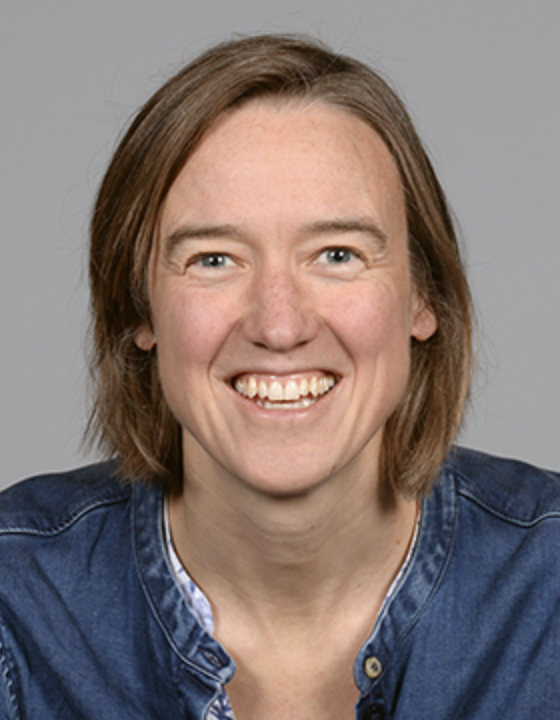
Michelle Waldispühl
University of
Oslo
Norway
Participants
Doris Behrendt
Universität der Bundeswehr,
München, Germany
Micaella Bruton
Stockholm University,
Sweden
Jialuo Chen
Universitat Autònoma de Barcelona,
Spain
Bernhard Esslinger
University of Siegen,
Germany
Richárd Fülöp
ELTE,
Hungary
Giuseppe de Gregorio
,Universitat Autònoma de Barcelona,
Spain
George Lasry
CrypTool Project,
Israel/Germany
Vasily Mikhalev,
University of Siegen,
Germany
Boglárka Párdi
ELTE University,
Hungary
Wout Sinnaeve
University of Oslo,
Norway
Crina Tudor
Stockholm University,
Sweden
Oreen Yousuf
Uppsala University,
Sweden
Further Contributors
Would you like to contribute? Get in touch to discuss opportunities for collaboration!
DESCRYPT in the News

- Interview with Beáta Megyesi. “Omöjliga” koden kan vara värd 500 miljoner. (The ‘impossible’ code could be worth 500 million.) Aftonbladet. October 3, 2025. [https://www.aftonbladet.se/nyheter/a/bmE18A/omojliga-koden-gackar-experter-kan-peka-ut-skatt-vard-500-miljoner]
- Interview with Beáta Megyesi. “Hon är verklighetens Robert Langdon”. Dan Brown invited guest. Göteborg Book Fair. Bokmässan i Göteborg, Sweden. September 27, 2025.
- Interview with Nils Kopal. Radio show. July 10, 2025. Interview about the DESCRYPT project by Kulturfabrik Krefeld. [https://www.nrwision.de/mediathek/krefelder-kulturcocktail-events-in-krefeld-walk-of-fame-descrypt-250710/]
- Interview. Radio Sweden, Science, History, Vetenskapsradion Historia February 8, 2025.
- Radio show. Interview with Beáta Megyesi about the decipherment of Historical Manuscripts by Urban Björstadius. [https://www.sverigesradio.se/avsnitt/verklighetens-da-vincikod-loses]
- Press release. Hochschule Niederrhein April 15, 2025. DESCRYPT: Artificial intelligence helps decipher historical writings. Project information. [https://www.hs-niederrhein.com/aktuelles/news-detail/descrypt-kuenstliche-intelligenz-hilft-bei-entschluesselung-historischer-schriften]
- Press release. University of Oslo, Faculty of Humanities: Med KI kan forskere dekode hemmelige brev fra fortida. AI assists researchers in decoding old secret letters. [https://www.hf.uio.no/ilos/forskning/aktuelt/aktuelle-saker/2025/med-ki-kan-forskere-dekode-hemmelige-brev.html]
Outreach

- Alicia Fornés (2025) The archival and research technologies of the future. Round Table: “The Archives of the Future”. XXVIII Curs Comtat d’Urgell. “Memòria, Escriptura i Poder”. Balaguer (Spain), 7 May 2025.
- Raphaela Heil, Lei Kang, Alicia Fornés and Beáta Megyesi (2025) Hand-Written Text Recognition for Historical Writings with Rare and Unknown Scripts: The DESCRYPT Project. Poster presentation on March 13, 2025 at the Swedish Symposium on Image Analysis (SSBA) and Swedish Symposium on Deep Learning (SSDL), KTH, Stockholm.
- Nils Kopal (2025) Geheime Botschaften knacken (Breaking Secret Messages). Museum Schloss Rhydt, Mönchen-Gladbach, Germany. October 30, 2025. [https://schlossrheydt.de/wp-content/uploads//sites/2/2025/07/MSR_25_02_MUS_FLY_RZ_WEB.pdf]
- Benedek Láng (2025) Kódok, titkok, félreértések: A kriptográfia mindennapi története a 16–17. században (Codes, secrets, misunderstandings: The everyday history of cryptography in the 16th and 17th centuries), public plennary talk given in Hungarian on the yearly conference of the Eötvös Collegium in Budapest.
- Benedek Láng (2025) Beyond Encryption: The Social History of Secrecy and Cryptography in EarlyModern Europe. Talk at the conference: The Edges of Truth: Secrecy, Artifice, and the Limits ofKnowledge, September 17-18, 2025. University of Pennsylvania, Philadelphia, USA.
- Beáta Megyesi (2025) Unlocking Hidden Histories: AI and Expert Collaboration in Deciphering Rare Scripts. Keynote talk. Resources and representations for under-resourced languages and domains, RESOURCEFUL-2025, Workshop at the Joint 25th Nordic Conference on Computational Linguistics and 11th Baltic Conference on Human Language Technologies (NoDaLiDa/Baltic-HLT 2025), Tallinn, Estonia. March 2, 2025.
- Beáta Megyesi (2025) Historical Cryptology Building infrastructure for historical encrypted sources. Invited talk. University of Zürich, Switzerland. April 8, 2025.
- Beáta Megyesi (2025) Dolda koder, okända språk – digital humaniora söker svar. (Hidden Codes and Unknown Languages – Digital Humanities in Search of Answers.) Invited talk, Department of Swedish Language and Multilingualism. September 24, 2025.
- Beáta Megyesi (2025) AI som verktyg för analys av språklig data: Metodutveckling i humaniora. (AI as a Tool for the Analysis of Linguistic Data – Method Development in the Humanities.) Workshop on e-Infrastructure for the vice chancellors of Swedish universities organized by The Swedish Research Council and SUHF. November 11, 2025.
- Beáta Megyesi (2025) De olästa rösterna – Hur AI hjälper oss att tyda historiens hemliga språk. (The Undecipered Voices – How AI Helps Us Decipher the Secret Languages of History). The Language Museum, Kulturhuset, Stockholm. December 15, 2025
- Michelle Waldispühl (2025) What historical cryptographic writing reveals about the evolution of orthographic systems. Invited talk at the conference Graphemes, syllables and morphemes: Comparative perspectives on historical spelling, 20 June 2025, Bad Nauheim/Universität Gießen.
- Michelle Waldispühl (2025) Analysis and Decipherment of Historical Writings: The DESCRYPT Project. Presentation at the BærUt! Network and Skills Hub for Sustainable Digital Scholarly Editions, 14 August 2025, University of Oslo, Norway.
Publications

2026
- Yousuf, O., Aminu, A., Muhammad, M. S., Usman, B., Hashim, M. K., Nivre, J., Megyesi, B., and Høgel, Ch. (2026) A Handwritten Text Recognition Dataset for Ajami Manuscripts in Fulfulde and Hausa. In: Yin, XC., Karatzas, D., Lopresti, D. (eds) Document Analysis and Recognition – ICDAR 2025. LectureNotes in Computer Science, vol 16026. Springer, Cham. [https://doi.org/10.1007/978-3-032-04627-7_36]
2025
- Bastian, M., Esslinger, B., Hermann, E., Kopal, N., and Lampesberger, H. (2025) Enhancing Classical Cipher Type Detection: Prompt Engineering with Common LLMs versus Usage of Custom AI Models. In Proceedings of the 8th International Conference on Historical Cryptology (HistoCrypt 2025). [https://dspace.ut.ee/items/0d1e8740-c53c-435a-b7f6-547c86a840e5]
- Bruton, M. and Megyesi, B. (2025) From Statistics to Neural Networks: Enhancing Ciphertext-Plaintext Alignment in Historical Substitution Ciphers for Automatic Key Extraction. In Proceedings of the 8th International Conference on Historical Cryptology (HistoCrypt 2025). [https://doi.org/10.58009/aere-perennius0158]
- Dhiaf, M., Souibgui, M.A., Kessentini, Y., Fornes, A., & Rouhou, A.C. (2025) UCL-MHTR: A Unified Continual Learning System for Multilingual Handwritten Text Recognition. In Expert Systems With Applications (In press)
- Láng. B. (2025) A Typology of Pseudo-Cryptology. In Proceedings of the 8th International Conference on Historical Cryptology (HistoCrypt 2025). [https://dspace.ut.ee/items/0d1e8740-c53c-435a-b7f6-547c86a840e5]
- Megyesi, B., Fornés, A., Héder, M., Heil, R., Láng, B., Kopal, N., Rattenborg, R., and Waldispühl, M. (2025) Decipherment of Historical Manuscripts with Unknown or Rare Writings: The DESCRYPT Project. In Proceedings of the 8th International Conference on Historical Cryptology (HistoCrypt 2025). [https://doi.org/10.58009/aere-perennius0158]
- Palma, C. and Megyesi, B. (2025) DECODE2LOD: Connecting the DECODE Database with the Linked Open Data Cloud. In Proceedings of the 8th International Conference on Historical Cryptology (HistoCrypt 2025). [https://doi.org/10.58009/aere-perennius0158]
- Waldispühl, M. (2025) Geheimschrift.Wörterbücher zur Sprach- und Kommunikationswissenschaft (WSK) Online, edited by Stefan J. Schierholz and Laura Giacomini. Berlin, Boston De Gruyter. [https://www.degruyterbrill.com/database/WSK/entry/wsk_id_wsk_artikel_artikel_16648/html]
- Waldispühl, M. (2025) Schriftentlehnung. Wörterbücher zur Sprach- und Kommunikationswissenschaft (WSK) Online, edited by Stefan J. Schierholz and Laura Giacomini. Berlin, Boston: De Gruyter. [https://www.degruyterbrill.com/database/WSK/entry/wsk_id_wsk_artikel_artikel_16402/html]
Thesis
- Aanje, S. (2025). Geheimschriften in deutschen Postkarten. Entzifferung mit CrypTool 2 und schriftlinguistische Analyse historischer Postkarten aus dem späten 19. und frühen 20. Jahrhundert. Bachelor thesis, University of Oslo., Norway
